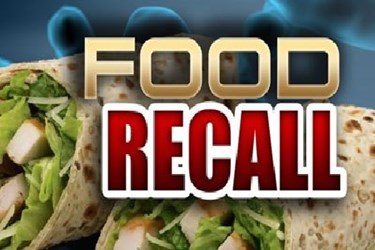Handling A Food Recall? Remember 3 Fundamentals

By Sam Lewis

Although food makers put forth extraordinary effort to create safe products and prevent contamination, production emergencies — including recalls — do happen. Should your company be faced with a crisis, ease the process by remembering these three basics.
Readiness
A food crisis isn’t going to wait for the ideal moment to strike. In fact, it’ll most likely occur at a very inopportune time. That being said, it’s imperative to always be ready for it. This means creating and implementing a strategy to tackle the issue. The sooner the strategy is in place, the better prepared for an emergency your company will be. To do this, create a team to produce and implement the plan, being sure to test the plan and make improvements as it develops.
The objectives of your plan should be to make consumers aware of the situation, show stakeholders dedication to bettering the situation, and minimizing risk to brand reputation and company financials. The strategy should also include return and refund policies and procedures along with clearly outlining lines of communication between the company, stakeholders, and consumers.
Communication
It really isn’t a question of “if,” it’s a question of “when.” So when a recall occurs, communication is of utmost importance. When communicating regarding the event be sure to keep in mind who your current audience is. Consumers don’t need to hear the same information as stakeholders, but consumers should be communicated with frequently and at appropriate times. The product(s) being recalled, severity of the situation, and remedies to the situation should be clearly outlined. The safety of consumers should be your number one concern.
All methods of contact — email, internet chat, social media, phone, automated messages, and any others leveraged by your company — need to be covered to ensure everyone involved can be in contact. Consumers are going to be unhappy about the event, angering them further by not being available through certain channels will only further diminish your brand’s reputation.
Partnership
Partnering with an experienced contact center is important when creating and fulfilling duties of your emergency plan. When choosing a prospective ally, be sure to thoroughly evaluate the company. The partner you choose should have experience relevant to the industry, best practices that have worked over and over again, and should be knowledgeable of regulations and compliance requirements. Your potential partner should also be able to handle contact on a 24/7 basis. The company should have properly trained representatives with handling, retrieval, and solution management abilities. Finally, the company you choose to partner with should have the appropriate technology for the task at hand. This include multi-channel outlets, proper data collection and recordkeeping software, as well as report management capabilities.
